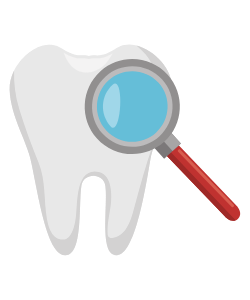When you have lost teeth to decay or trauma, there is no better replacement than dental implants. Dental implants give you all the advantages of natural teeth, including longevity. However, replacing all of your teeth with dental implants would be a very expansive, not to mention expensive, procedure. While it is possible, you should know what such a process might entail.
Dental Implants Need Months to Heal
Once the titanium posts that your dental crowns will be placed on have been inserted into your jaw, it will take several months for your jawbone to heal. The more dental implants you choose to have placed at once, the more delicate your situation will be. Not only will eating become almost impossible over the next few months if you have many dental implants, but you will also be in considerable pain as you heal.
Dental Implants Require Sufficient Bone
If your dental situation is so severe that you are considering replacing all of your teeth with dental implants, then you might not have enough bone to support that many implants. This is because when you lose teeth, your jawbone starts to resorb. This reduces the bone mass in the area of tooth loss, causing your jawbone to shrink. The longer a tooth is missing, the more bone that will be lost.
Prosthodontists Generally Don't Place That Many Implants
Under normal circumstances, prosthodontists will not place as many as 28 dental implants. This is because placing so many implants in your jaw at once is risky. Although some prosthodontists will place higher numbers of dental implants, there is a much safer and less expensive option available to you.
All-on-Four Is Safe and Relatively Inexpensive
If you need to replace an entire arch of teeth, one of the safest and least expensive options at your disposal is an all-on-four dental bridge. As the name suggests, this procedure involves placing just 4 dental implants in your upper or lower jawbone. In some cases, if your jawbone is large, you can opt for an all-on-six implant-supported bridge.
During this procedure, the prosthodontist inserts 4 dental implants into each dental arch, and then attaches a dental bridge to these four implants via abutments. With just 8 dental implants then, you can replace all 32 of your teeth if you wish. This method of replacing multiple teeth means less time spent healing and will require less work should bone grafting be required.
You can replace all your teeth with dental implants, but why do that when you can do the same thing with just 8 dental implants?
Share
